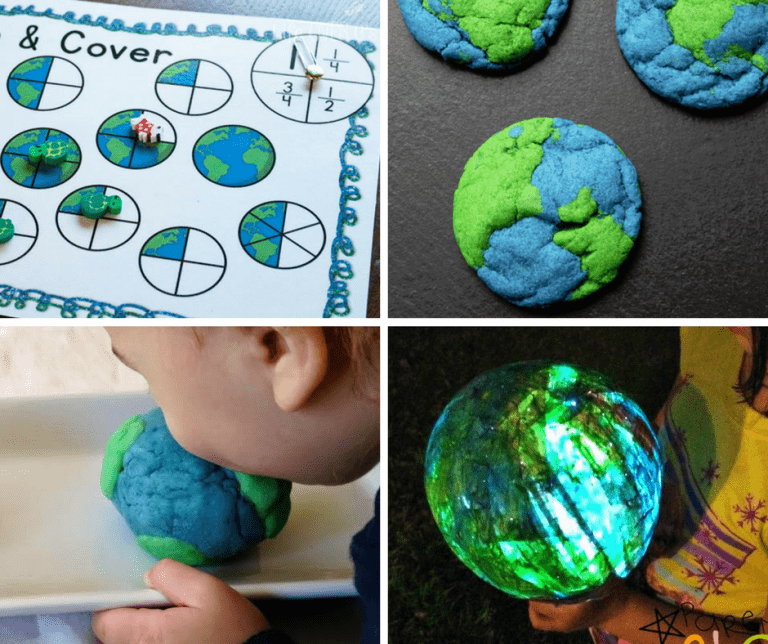Top Reasons Your Baby is Crying at Night
This post may contain affiliate links which might earn us money. Please read my Disclosure and Privacy policies hereWhen you are pregnant, everyone loves to give you horror stories about dealing with screaming babies, but fewer people will talk you through what those screams will mean. Infants cry to communicate, and if you can learn why they are crying, you’re in a better position to soothe them.
No one wants to be awake half the night with a screaming baby, but if you endeavor to understand what is triggering the yells, you will be a much more switched-on parent as a result.

Your baby will cry to tell you they are unhappy, angry, or uncomfortable. You will also have to create your own routines for dealing with it. Learning why you have a baby crying in their sleep takes some trial and error and some time, but it’s super worth it if you want to connect better with your child.
You are going to be raising this child for many years ahead. Learning what they need while they’re young isn't just good parenting: it’s good sense! So, with this in mind, let’s look at all the reasons your little baby is crying their lungs out in the middle of the night.
Hunger or thirst.
The first thing to know about being a new parent is that your tiny baby has a tiny stomach. This means that they will feed from you or from a bottle little and often. Newborns can feed up to twelve times a day, but this peters out.
Anyone telling you to set your baby on a three-hour schedule is not the right person to listen to: you wouldn’t wait two more hours if you were thirsty.
If you’re breastfeeding, get your feeding pillow and pump ready by the bed before you go to sleep so that you can have everything within reaching distance. Hungry babies will feed through the night, and expecting this will prevent you from feeling despair!
The fourth trimester.
The fourth trimester? Yes, ‘trimester’ refers to the three periods of pregnancy through the year, but there is a fourth version of a trimester, and it’s important that you know about this before the baby is born.
The fourth trimester is the first six weeks of a newborn's life, where they are transitioning into being their own little human in the world, moving from the warmth of the womb to the chill of the air.
Babies have been attached to their mothers for nine months; of course, they will feel separation anxiety in that time. This is where you pick your baby up as much as they need it! Comfort your baby, rock your baby, and cuddle your baby.
Uncover the mysteries behind your baby's nighttime tears by exploring the top reasons your baby is crying at night, often attributed to the challenges of the fourth trimester. Consider innovative solutions like Nested Bean‘s products to provide comfort and support, helping your little one transition to peaceful sleep.
Temperature issues.
Babies cannot regulate their own temperatures, so we must dress them carefully. If your baby is too warm or too cold, they will struggle to get to sleep and stay that way! You can’t gauge their temperature by their hands or faces but by touching their chest under their clothing.
So, when trying to deduce whether your baby is comfortable, touch their chest with a flat palm. Add a layer of clothing or take one away, depending on your feelings. Some babies also feel far more secure in a wrap of sorts, so get your swaddle on.
They need a diaper change. Dirty diapers can disturb sleep for an infant, and if your baby has woken crying, they may be dealing with soiling that is vastly uncomfortable. A quick change in the night may do the trick, especially when it’s accompanied by cuddles and being re-wrapped afterward.
As with feeding, make a point of getting a changing station set up and ready before you go to bed so that it’s easy to change the baby at night.

Their teeth are bothering them.
Babies can teeth from birth, and that pain can last for months until a tooth actually erupts. For months they may drool and grind their little gums, and at night especially, that pain can be overwhelming for such a tiny person. Rubbing their gums or using a pacifier for them to bite into can help. You can’t do too much in the way of medicines when they are tiny, but you can still offer comfort.
Colic.
Oh, no parent wants to hear about colic. It’s known as ‘hundred day’ colic because generally, colic will last for three months. Usually, toward the evening, a baby with colic will bunch their fists, bring their knees to their chests and cry.
Passing gas and pooping can help, but so can noise-canceling headphones during these 3+ hours of crying and screaming sessions. A condition does not cause colic, and it can generally kick in around three weeks old and stops at around week nine or ten.
Something is hurting.
When a baby is ill or in pain, they will cry to communicate that! Something as simple as a hair around a finger or some gas can make them cry. They may be sick if there is any sign of a temperature, rash, diarrhea, or vomit! Keep an eye on this and get some advice from your doctor if you need to.
Night terrors.
As your baby gets a little older than a newborn, you can bet that they can and do have night terrors. Babies aren't expected to have nightmares, but night terrors can cause your baby to cry in their sleep. If you find this overwhelming, the best thing you can do is ask for help to help your baby settle. Night terrors are hard to overcome but not impossible.
Babies cry. This is a biological fact and response and while you may feel like you’re going crazy some nights, it’s perfectly normal to learn your baby’s cries and respond accordingly. Never leave a baby to scream alone themselves: they need you.









